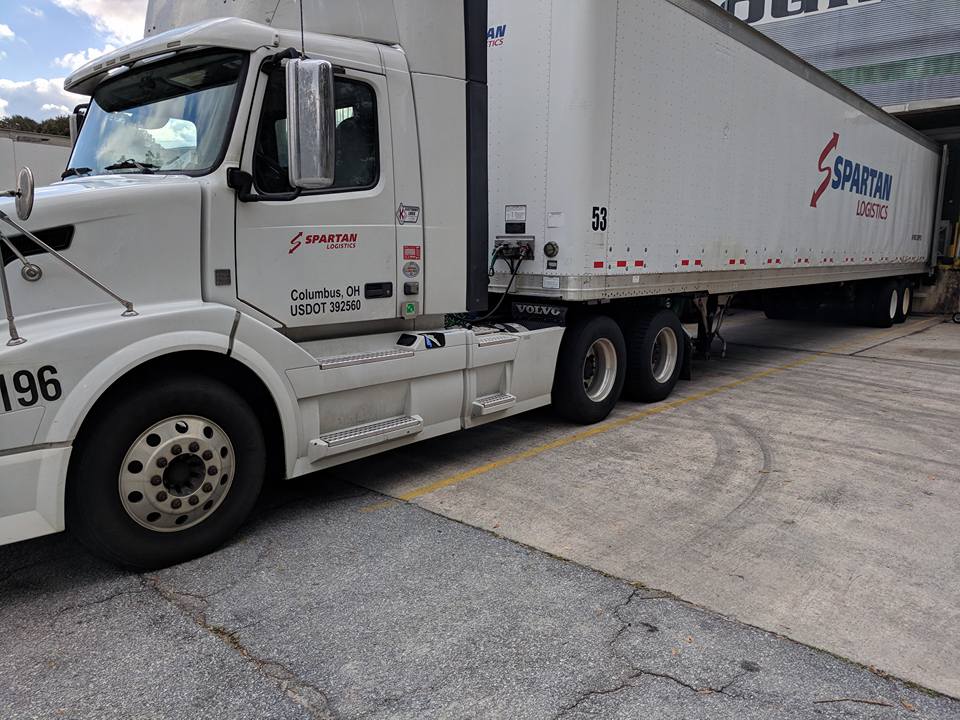
When a customer outsources their transportation to a third-party logistics (3PL) company, they has several different options on which method of freight to use. Choosing the right system is crucial for both the customer and the provider to run an efficient operation. Each method comes with different costs, time, and effort required. Therefore, each company needs to understand the transportation options available through a 3PL. Full-Truckload (FTL): FTL are shipments of freight which are loaded to either a trailer’s maximum capacity or maximum weight. This method is common for businesses with large shipping volumes (typically above 20 pallets) who are looking to maximize their product per truck. FTL service also ensures that your product is the only one on the truck and is delivered on time. Less-Than-Truckload (LTL): LTL is any shipment of freight which does not require use of an entire trailer. For businesses with smaller volumes, (1-10 pallets per truck) LTL shipments are beneficial. Another benefit of LTL shipping is many 3PL’s will combine multiple LTL customers into one truckload, which saves costs on the use of trucks. However, this method can result in shipments which arrive late because a driver then has multiple stops to make in one trip. Intermodal: Intermodal shipments consist of freight which is moved by using two or more modes of transportation. One common application of intermodal shipping is product that is transported by rail or boat, but the warehouse is in a site which neither are easily accessible. The freight must then be moved by truckload to the site where it will be delivered to the final destination. Businesses typically don’t prefer to move freight this way because it is more expensive and requires multiple carriers, but it is often necessary for longer distance trips. Over-the-Road (OTR): OTR transportation is freight which is carried over long distances, typically by FTL. It requires significant time and cost to move when a business utilizes a warehouse far from the final shipping destination, but allows a driver to be fully dedicated to the truck and its security. We have a vested interest in bringing you the most efficient transportation services. We want to make it our business to make you successful. To learn more about Spartan's transportation and logistics and Services, contact our sales team.
Read More
Topics:
Rise of 3PL Services,
Rise of 3PL Fulfillment Services,
Intermodal transportation